News from Chicago's Recovery Task Force
Dear friends,
For years, NAMI Chicago has discussed the need to build resilience in communities by addressing decades of trauma and inequity. Last summer we co-produced recommendations on Healing Communities, and have been privileged to build on this work through the the Mayor's COVID-19 Recovery Task Force.
Executive Director Alexa James co-chaired the Task Force's Mental and Emotional Health Committee, along with leaders from Heartland Alliance and the Chicago Urban League. We are encouraged that the Mayor and her leadership have prioritized mental and emotional health in the recovery plan, understanding that the COVID-19 crisis highlighted critical existing gaps in the systems and structures that support wellness. Listen to our WBEZ Interview to hear Alexa James discuss these recommendations in more detail.
We believe that healing must start now, but resilience needs to be built and sustained, and we are unaware of any other community using this frame in their recovery agenda.
On July 9th, the Task Force released its Advisory Report. We are pleased to share the report's recommendations around mental health, trauma and healing, below.
Chicago should set a national example in creating policies to advance healing. We can do this by pushing for systemic change and engaging in widespread mental health awareness efforts. Healing must come through every part and pillar of our community. We must equip all sectors, like employers, schools, faith based and community organizations, with tools for healing and mental health support.
We must make it easier to access mental health care in Chicago. The City and partners must put a particular focus on bringing mental health resources into Black and Brown communities and vulnerable populations such as seniors, those experiencing homelessness, and those returning to the community from incarceration.
Chicago must invest in a mental health workforce that is as diverse as those that it serves. This includes increasing opportunities for employment and leadership from community health workers, peer leaders who represent the communities and experiences of the people they serve. We must leverage the great work of community-based organizations, and improve cultural sensitivity across the mental health sector by providing education around topics like anti-racism and inclusivity for those with disabilities.
Together, we believe healing will happen and that we must continue to understand the breadth of resources required to make it so. NAMI Chicago has been proud to be leaders in this work and looks forward to working together with community leaders in its implementation.
In strength,
NAMI Chicago




